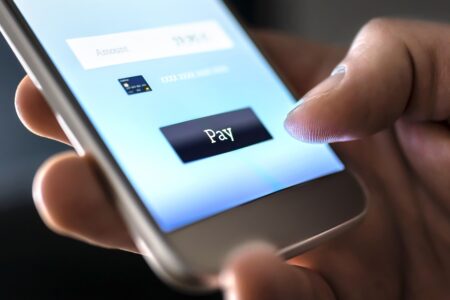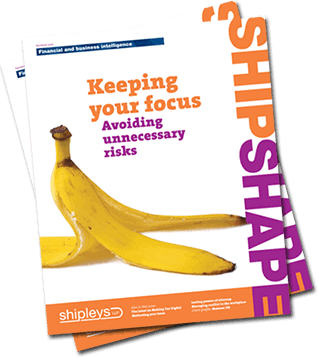In uncertain times it can be difficult to know what to do about your personal finances. But here are some tips to help you keep organised, save some money and stay in control whatever the political climate.
Review your household bills
Well-known money-saving expert Martin Lewis recommends setting aside a day for a ‘money makeover’. Start by going through your bills to make sure you’re on the best tariff for your gas, electricity and other utilities. Check for any deals offered by your existing suppliers and then go online to one of the price comparison websites to get prices from rival providers.
Make sure you’re in the right council tax band (again, you can check this online) and that your broadband and phone bills are providing good value. Another good idea is to look through all your direct debits to make sure you aren’t paying for things you don’t really use anymore.
Be prepared to haggle
Consumer watchdog Which? recommends always haggling to get the best deal on your bills. “If an awkward conversation is holding you back, remember that this is a conversation companies are expecting to have. Their pricing is specifically set up so they’re able to offer discounts to hagglers,” it says.
The top five tips for haggling success from Which? are:
- compile your case
- explain your situation
- know what you’re aiming for
- be polite and pleasant, but persistent
- remember, they’re expecting to haggle.
Don’t automatically renew insurance
You don’t necessarily need to renew an insurance policy with your existing provider automatically. It makes sense to check whether they’re offering new customers a discount and to sign up as a new customer.
It may sound obvious, but make sure you only have insurance for the things you need and check you aren’t insuring twice. Some bank account packages offer travel insurance, breakdown cover and even mobile or gadget insurance. So you might not need to take out additional travel insurance before your holiday, or have a dedicated insurance policy for your gadget.
Go green
In our last issue of Shipshape we talked about the benefits of going green for businesses and the environment, but taking some of the following environmentally friendly actions can make sense for your personal finances too:
Use a reusable water bottle or coffee cup when you’re out and about – some retailers offer discounts for this.
Switch off and unplug devices when not in use – this can make a big difference to your electricity bills over time.
Use energy-saving lightbulbs – they use a lot less power, last a lot longer and can save you a lot of money over the years.
Review your diet – incorporating more vegan or vegetarian meals in your day-to-day routine can save you money as well as reducing your carbon footprint, and eating more seasonal produce can be tastier, healthier and cheaper.
Avoid unnecessary clutter – decluttering guru Marie Kondo recommends only keeping things in your home that “spark joy”, and keeping this in mind can help curb unnecessary spending.
‘Up-cycle’ – think about buying second-hand; after all, one person’s trash is another person’s treasure.












